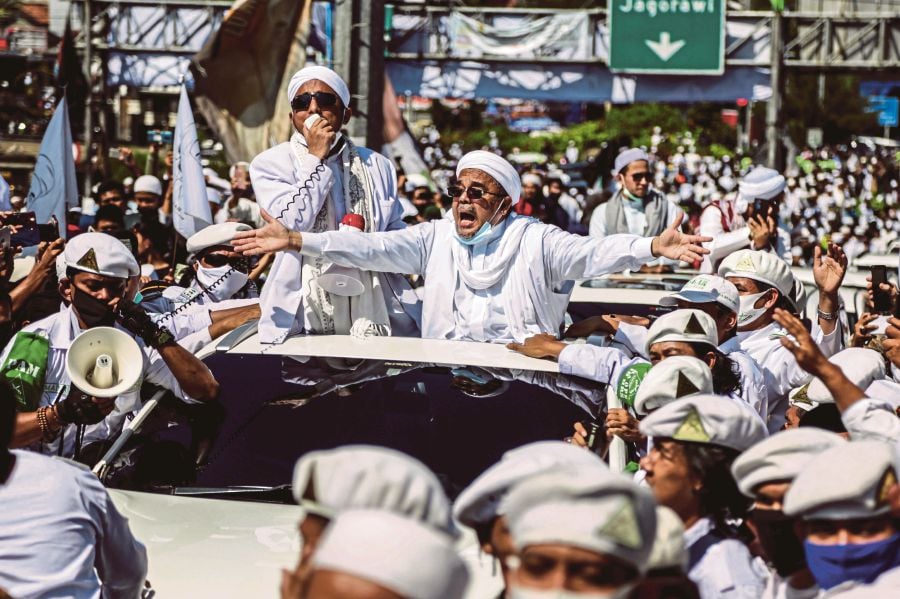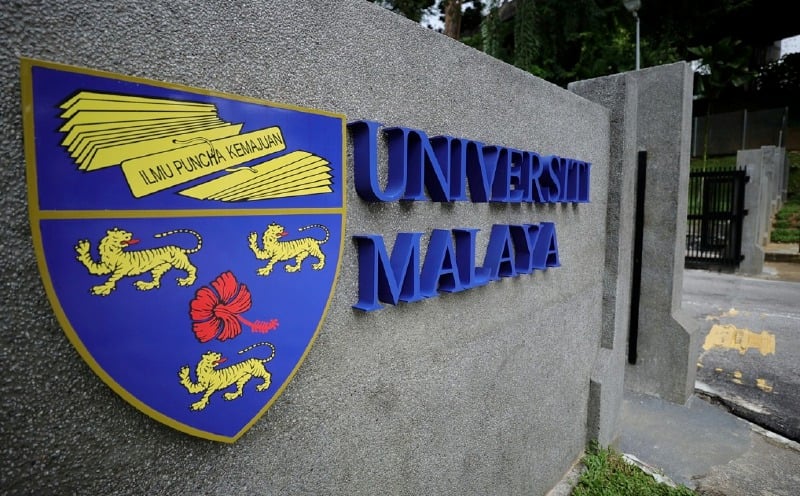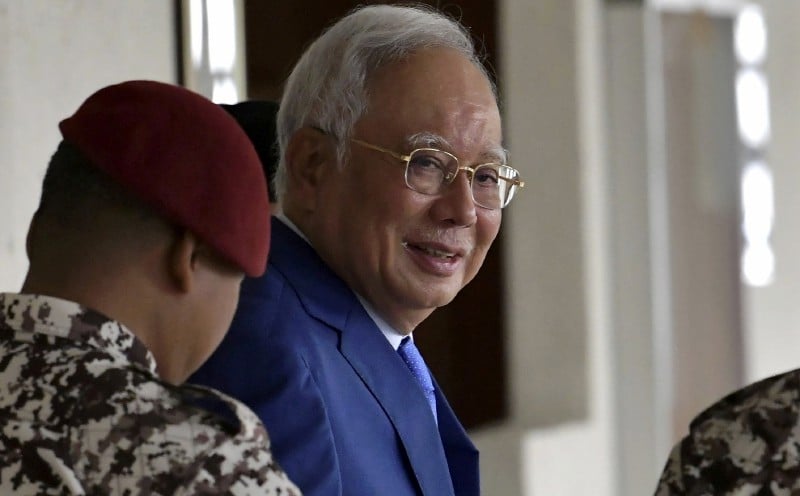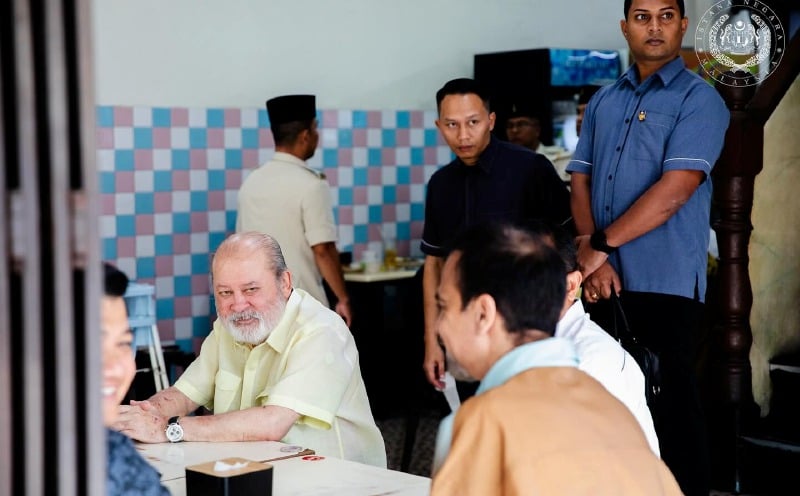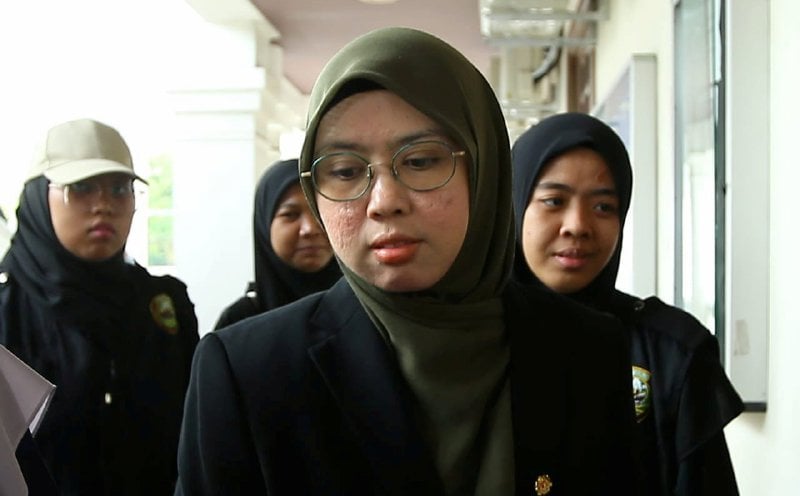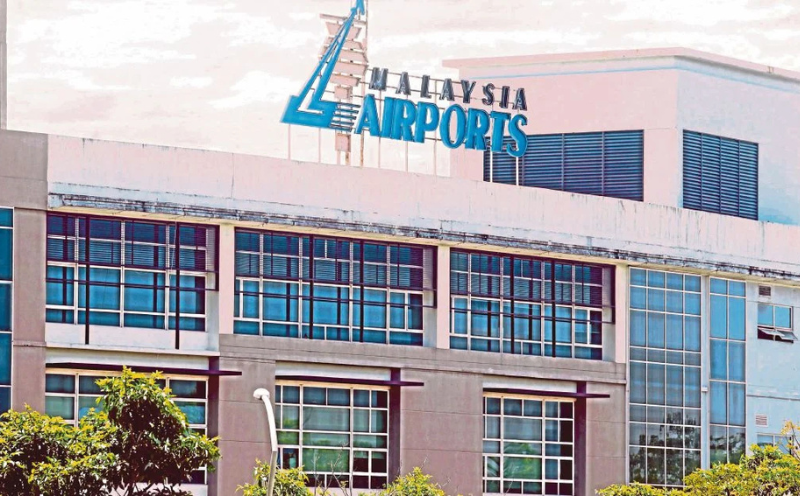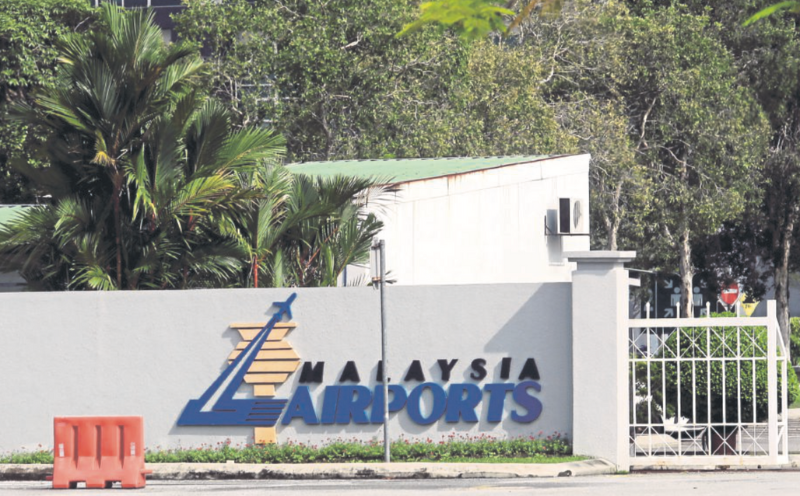EVER since 1998, after the fall of Indonesia's decades-long strongman Suharto, there has been a gnawing fear in the West and amongst Indonesia's secularist majority that the country could possibly one day be dominated or taken over by radical Islamists.
After all, Indonesia is the world's largest Muslim-denominated country in the world. But under Suharto, a staunch ally of the United States, religious conservatives were kept strictly at bay. The state ideology — Pancasila — brought religious diversity and tolerance into the national pysche.
Then, with Suharto suddenly no longer at the helm, Indonesia entered a period of great uncertainty. In the midst of an economic crisis in the late 90s and still struggling with its democratic transition, Indonesia was adrift.
Communal violence, secessionist movements, ethnic clashes and the rise of domestic terrorist networks raised the spectre of Indonesia becoming a failed state. Once unthinkable, now it seemed conceivable that a cabal of Muslim ulama — much as had happened during the Iranian Revolution in 1979 — could manage to find a path to power and turn Indonesia into a theocracy.
Yet, as history shows us, it never happened, neither through the ballot box nor street politics. Although a few Islamic political parties were created in the post-Suharto era and even won seats in national and local houses of representatives, they have never garnered more than single digit support from the electorate.
Earlier Islamic party leaders, who once advocated for conservative policy platforms, have been replaced over time by a younger rostrum of politicians who understand that the best way to win over Indonesian hearts and minds is to address issues such as the economy, not religion.
Radicalist attempts to rally the Muslim youth and stir religious passions through acts of violence and gangsterism have similarly failed.
The vast majority of Indonesians found their tactics to be distasteful, and numerous polls revealed they wanted their country to maintain its secular identity.
And as terrorist groups were broken up and their leaders eventually put behind bars, Indonesians collectively breathed a sigh of relief.
Yet, despite the fact Indonesia never even came close to falling under the sway of Islamists, there are still those who raise alarm bells whenever conservative groups raise their heads.
Recently we have seen the supposed Islamist threat appear again, this time in the guise of Muhammad Rizieq Shihab's Islamic Defenders Front (FPI).
After returning from self-imposed exile in Saudi Arabia last year, Rizieq organised large sermons and rallies with his followers.
Not long after, six of his followers were killed in a highway shoot-out with Jakarta police, and barely a week later, Rizieq was placed under arrest for allegedly breaching coronavirus restrictions.
The Jokowi administration has made a big deal out of FPI, making it easy for the common observer to think something serious is afoot.
One Australian analyst, in a recent interview, said "Now is their time in the sun. They (FPI) have been using demonstrations and stirring up things for 20 years and managed to move from being a peripheral vigilante group into significant political force."
But those who think the FPI is a threat have, once again, gotten it wrong. More than a political force, FPI and its angry followers are an unnecessary distraction in a time of the pandemic and economic recession.
Rather than defusing the standoff with Rizieq and his FPI, which would not have been a difficult undertaking, the government has mistakenly decided instead to intensify the conflict, making it into a national security issue when it barely qualifies as a threat at all.
In short, Indonesians and the foreign press should realise that the Rizieq affair is nothing more than a silly sideshow. The Islamists are not coming to get us. Rather, the real story, the one that the government should be made to answer for, is its poor handling of the covid-19 crisis and the economy.
The writer is former Indonesian coordinating minister for economy (2000-2001) and coordinating minister of maritime affairs (2015-2016)


